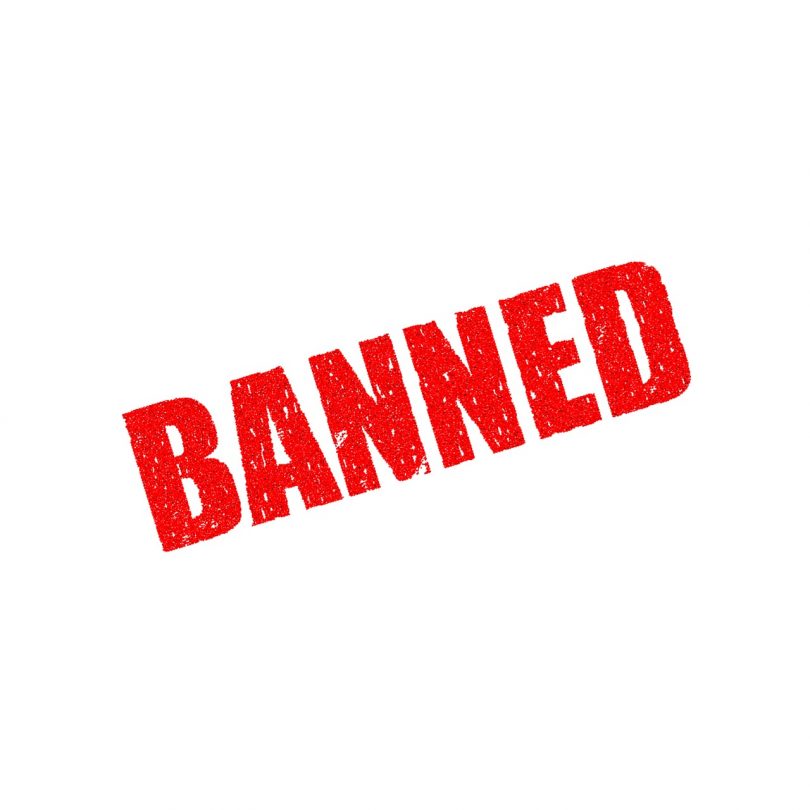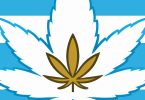Hawaii just banned the most exiting hemp extracts: CBD gummies, infused beverages, and smokable forms of hemp. If you are in Hawaii and want to indulge in some quality hemp goodies, your range of options will be limited to tinctures, tablets, capsules, powders, and topicals. This is a clear sign of no Aloha in Hawaii, at least as far as hemp goes.
However, the journey has not been all gloom for Hawaii. Once the Agricultural Improvement Act of 2018 was passed and hemp became legal at the federal level, Hawaii quickly authorized hemp cultivation through a pilot program. This created a lot of enthusiasm since hemp is a high-value crop compared to sugarcane and pineapple, which as staple crops in the Aloha state. The new rules are bound to dampen the spirits of hemp farmers in the state.
Hemp cultivation in Hawaii is under the oversight of the U.S. Department of Agriculture (USDA). The pilot program ended last fall, and hemp farmers now have to apply for new cultivation licenses to the USDA.
In early September, Hawaii banned the production and sale of almost all edible hemp products. Some likely to be tourists, Hemp consumers are currently limited to medicine-like forms of hemp, which include tablets, soft gels, capsules, and tinctures. Topical hemp extracts such as shampoos and lotions are also allowed. However, smokable forms of hemp, infused gummies, and beverages are outlawed.
In addition, hemp extracts that can be ingested through moist cavities such as the eyes, ears, and nasal cavities have also been banned. Those found to be contravening these new hemp laws will be liable to a fine of up to $10,000. The banned hemp extracts will also be seized.
According to Hawaii health officials, the bans are meant to protect consumers’ safety by requiring hemp farmers to test all products for contaminants and cannabinoid levels.
The new rules are problematic for the local hemp farmers as this may limit their ability to exploit the crop’s potential. Speaking to Hemp Industry Daily, one farmer remarked that this would reduce hemp to a resource merely extracted from Hawaii.
Hawaii’s climate is not the best for hemp cultivation, even though it’s magical for tourism. Shorter days in winter trigger early flowering, while the high humidity and angry winds make it difficult to cultivate hemp outdoors. It appears that not much is being done to incentivize hemp farmers in the Aloha state.
Image source
https://pixabay.com/id/illustrations/dilarang-terlarang-peringatan-1726366/










